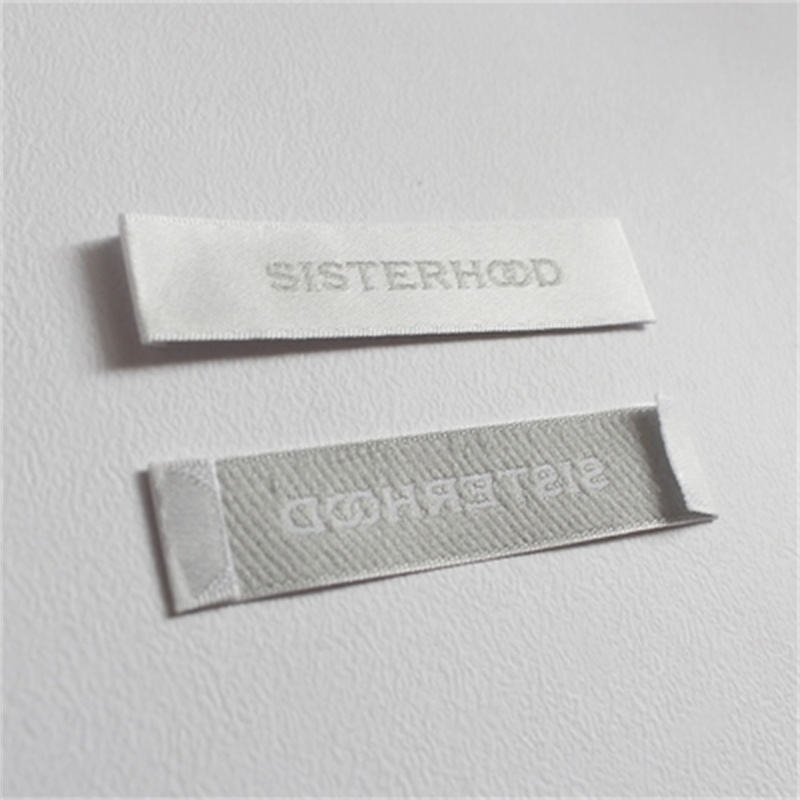
Custom labeling on clothing is a common practice, particularly among small businesses, designers, and startups. However, the legality of putting your own label on clothing involves understanding and complying with several legal aspects, including trademark laws, false advertising regulations, and garment labeling requirements. This article will explore these legal considerations to ensure you stay compliant when adding your label to clothing.
Trademark Laws
When you put your own label on clothing, it is essential to ensure that your brand name or logo does not infringe on existing trademarks. Here are key points to consider:
Trademark Search: Before using a brand name or logo, conduct a thorough trademark search to ensure it is not already in use by another entity. This can be done through the United States Patent and Trademark Office (USPTO) or equivalent authorities in other countries.
Trademark Registration: While not mandatory, registering your trademark provides legal protection and exclusive rights to use the brand name or logo for your products. This can help prevent others from using a similar mark.
Avoiding Infringement: Ensure your label does not closely resemble any existing trademarks to avoid potential legal disputes. Infringement can lead to costly lawsuits and damage to your brand reputation.
False Advertising and Misrepresentation
Labeling clothing with your brand should accurately represent the product. Misleading labels can lead to legal trouble under false advertising and misrepresentation laws:
Accurate Description: Ensure that any claims made on the label, such as "100% cotton" or "Made in the USA," are accurate and truthful.
Manufacturer Information: If you are not the actual manufacturer of the clothing, it is essential to be transparent about this. Many regions require that the actual manufacturer's information be included on the label.
Compliance with FTC Guidelines: In the United States, the Federal Trade Commission (FTC) regulates advertising and labeling practices. Ensure your labels comply with FTC guidelines to avoid penalties.
x
Garment Labeling Requirements
There are specific regulations regarding garment labeling that vary by country. These regulations are in place to provide consumers with essential information about the products they purchase. Key requirements typically include:
Fiber Content: Labels must accurately state the fiber content of the garment (e.g., 100% cotton, 50% polyester, 50% cotton).
Country of Origin: The label should indicate where the garment was manufactured. This is often required to be clearly visible.
Care Instructions: Providing clear and accurate care instructions is essential to inform consumers on how to properly care for the garment.
Manufacturer Identification: The label should include information identifying the manufacturer or the responsible company, which can include a registered identification number.
Rebranding and Relabeling
If you are purchasing blank clothing items and adding your own labels, there are additional considerations:
Reseller Agreements: Ensure you have the right to rebrand and sell the items under your label. Some manufacturers may have specific agreements or restrictions regarding relabeling.
Removing Original Labels: If you are removing the original manufacturer’s labels to replace them with your own, be aware of the legal requirements for doing so. Some regions have regulations about retaining certain information from the original label.
Quality Control: Maintain high-quality standards to ensure that relabeled items meet consumer expectations and legal standards.
Conclusion
Putting your own label on clothing is legal, provided you adhere to trademark laws, avoid false advertising, and comply with garment labeling requirements. Conducting due diligence and understanding the legal landscape can help protect your brand and ensure that you operate within the bounds of the law. By following these guidelines, you can confidently brand your clothing line and build a reputable business.
custom clothing labels personalized clothing labels fabric clothing labels
